Minirin Nasal Spray
✅ Controls excessive urination
✅ Manages bedwetting
✅ Treats diabetes insipidus
✅ Reduces nocturia
✅ Prevents dehydration
Minirin Nasal Spray contains Desmopressin.
Product Overview
Minirin Nasal Spray is a desmopressin-containing medication that serves as a synthetic analogue of vasopressin, the antidiuretic hormone naturally produced in the body. Designed for intranasal delivery, this ready-to-use spray formulation is primarily indicated for managing central diabetes insipidus and nocturnal enuresis (bedwetting). The nasal administration allows for rapid absorption through the nasal mucosa, ensuring prompt therapeutic effects for patients requiring vasopressin replacement therapy.
Uses
This nasal spray is clinically approved for:
• Treatment of central diabetes insipidus (characterized by polyuria and polydipsia due to vasopressin deficiency)
• Management of primary nocturnal enuresis in patients aged 6 years and older
The medication achieves its therapeutic effects by enhancing renal water reabsorption, thereby decreasing urine volume and increasing urine osmolality.
How to Use
For optimal administration:
1. Remove the protective cap and gently shake the bottle
2. Tilt head slightly backward
3. Insert nozzle into one nostril while occluding the opposite nostril
4. Depress pump firmly to deliver dose while inhaling gently
5. Repeat in contralateral nostril if prescribed
6. Replace protective cap after use
Dosage frequency is typically once or twice daily as directed by your physician. Never exceed prescribed dosing intervals.
How it Works
Desmopressin acetate, the active pharmaceutical ingredient, functions as a selective V2 receptor agonist in renal collecting ducts. This pharmacological action:
• Enhances aquaporin-2 channel insertion in collecting duct cells
• Increases water permeability in distal nephron segments
• Reduces urinary output while concentrating urine
• Maintains fluid homeostasis in diabetes insipidus
• Decreases nocturnal urine production in enuresis
Dosage and Administration
Dosing considerations:
• Individualized based on therapeutic response
• Diabetes insipidus: Typically 10-40 mcg daily in divided doses
• Nocturnal enuresis: Usually 20-40 mcg at bedtime
• Pediatric dosing requires weight-based calculation
Important administration notes:
• Prime pump before first use (test sprays)
• Avoid concurrent excessive fluid intake
• If dose missed, administer when remembered unless near next scheduled dose
Benefits
Therapeutic advantages include:
• Rapid onset of antidiuretic action
• Improved quality of life for diabetes insipidus patients
• Significant reduction in bedwetting episodes
• Convenient nasal delivery system
• Established safety profile when used appropriately
Common Side Effects
Frequently reported adverse reactions:
• Nasopharyngeal discomfort (15-20%)
• Rhinitis (10-15%)
• Epistaxis (5-8%)
• Headache (3-5%)
• Abdominal pain (2-3%)
These typically resolve with continued use. Discontinue and consult physician if persistent.
Warnings
Important safety considerations:
• Contraindicated in patients with:
– Severe renal impairment
– Hyponatremia
– Polydipsic psychogenic disorders
• Requires caution in:
– Cardiovascular diseases
– Hypertension
– Fluid/electrolyte imbalances
• Potential drug interactions with:
– NSAIDs
– SSRIs
– Tricyclic antidepressants
– Diuretics
Storage Information
Proper storage conditions:
• Maintain at 15-25°C
• Protect from light and moisture
• Keep bottle upright
• Discard 6 months after first opening
• Never freeze or expose to temperatures >30°C
• Keep out of children’s reach
Disclaimer:
The information provided herein represents carefully reviewed medical content intended for educational purposes only. This content should not replace professional medical advice, diagnosis, or treatment. Please note:
• Not all potential adverse effects or interactions are listed
• Individual responses to medication may vary
• Always consult your healthcare provider before making treatment decisions
• Report any unexpected effects to your physician immediately
This information aims to facilitate informed patient-provider discussions, not to serve as a substitute for clinical judgment.
| Strength | 0.1mg/ml |
|---|---|
| Quantity | 1 Vial/s, 2 Vial/s, 3 Vial/s, 6 Vial/s |
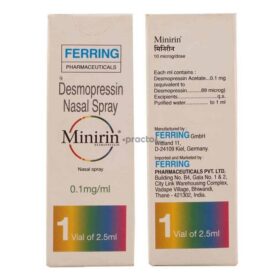 Minirin Nasal Spray
Minirin Nasal Spray









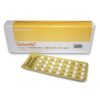
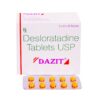
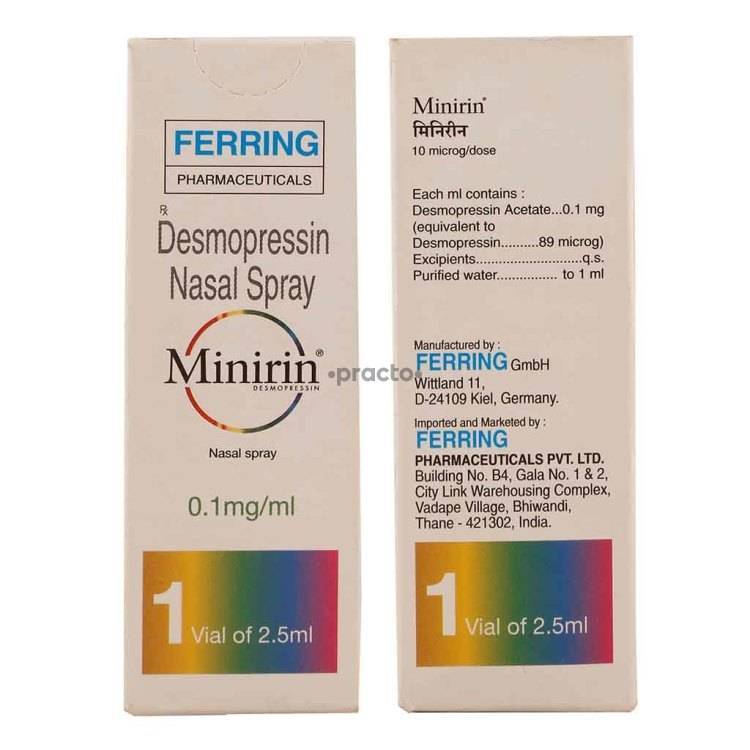
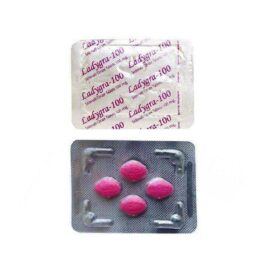

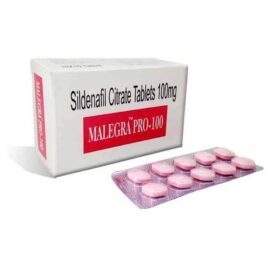
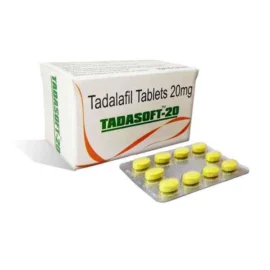
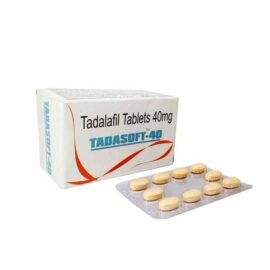
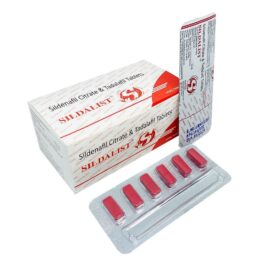
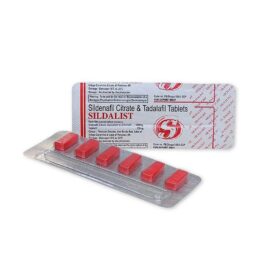
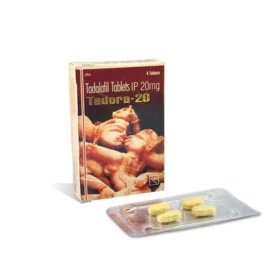
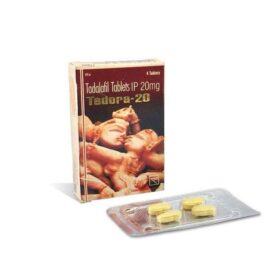
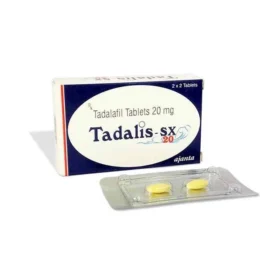
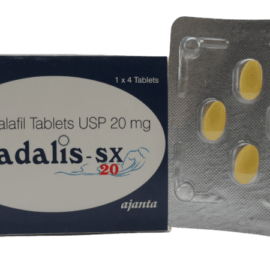
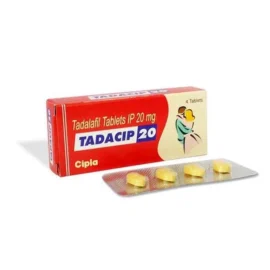
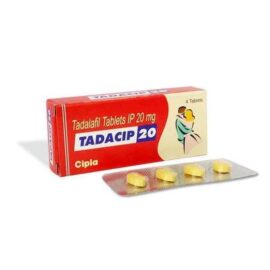
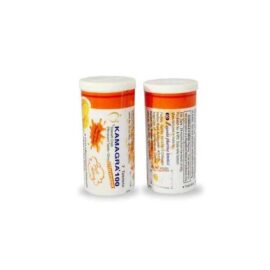

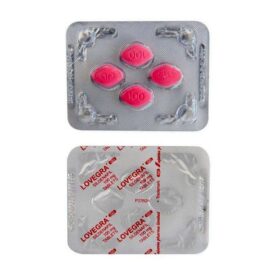
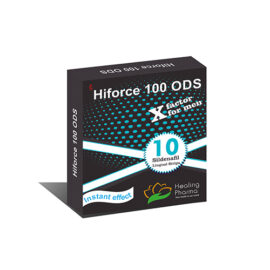
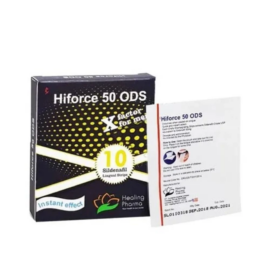
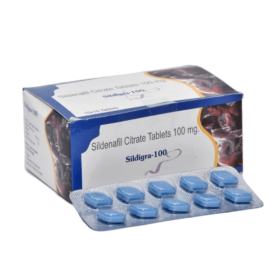
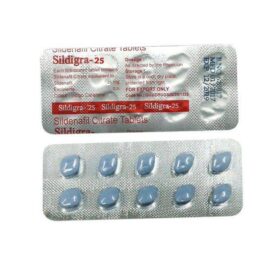
Reviews
There are no reviews yet